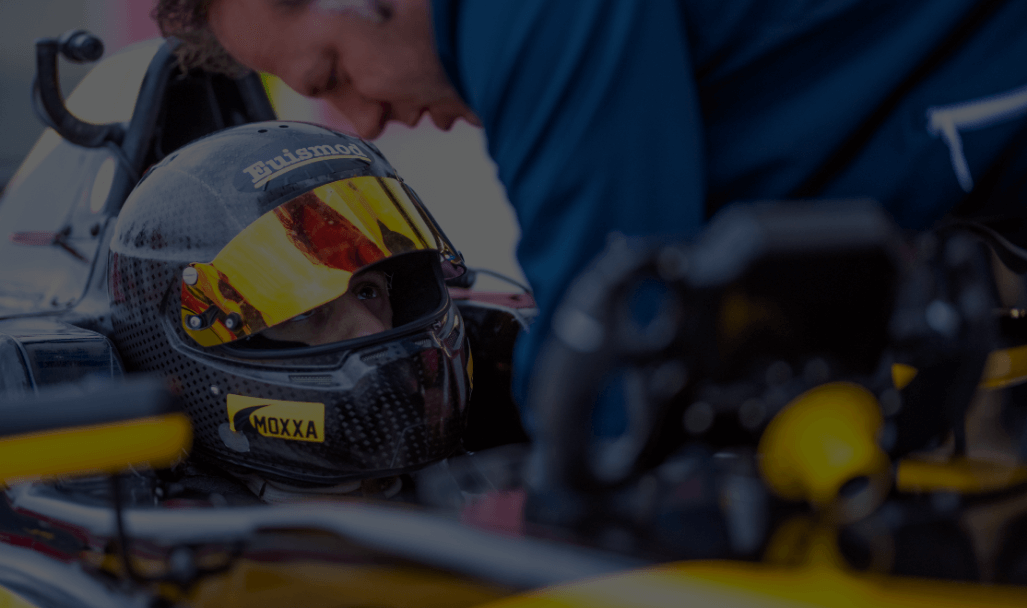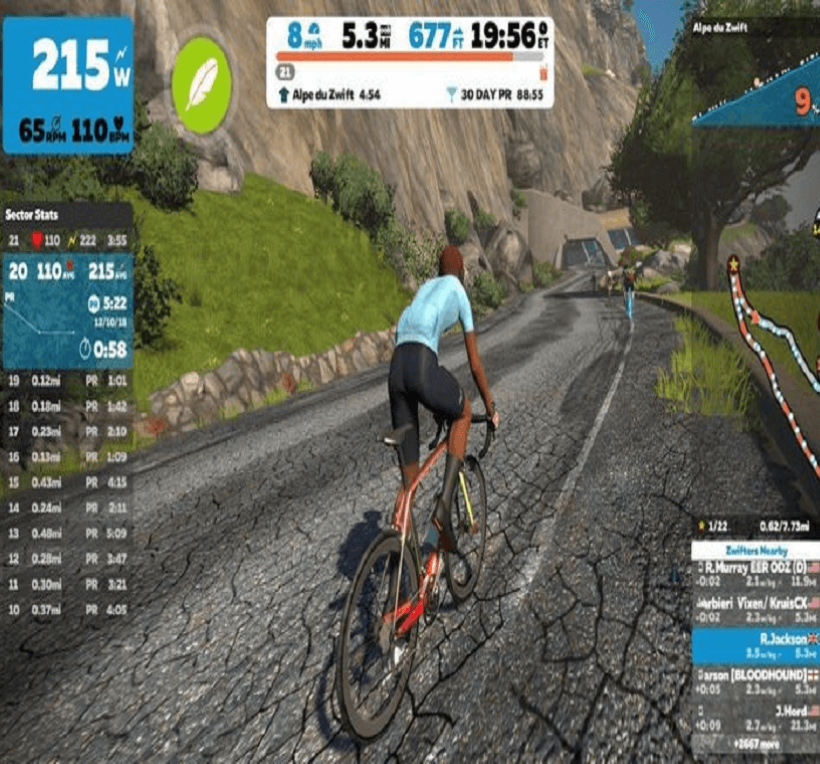
The fuel that will drive the Motorsports Industry in 2021
Recently, the temptation to start out any article with “it has been an unprecedented year“ is as powerful as it is redundant. As, I think it‘s fair to say that, we all can agree it‘s been a peculiar one to say the very least. That said, the global pandemic will most certainly accelerate a lot of changes and shifts in investments. This Is something that we’re already witnessing, with the motorsports industry-shifting gear into new technologies, with Electrification being a great example of that.

Recently, the temptation to start out any article with “it has been an unprecedented year” is as powerful as it is redundant. As, I think it‘s fair to say that, we all can agree it‘s been a peculiar one to say the very least. That said, the global pandemic will most certainly accelerate a lot of changes and shifts in investments. This Is something that we’re already witnessing, with the motorsports industry-shifting gear into new technologies, with Electrification being a great example of that.
With a global reach Nielsen Sports estimated that with a presence In over 194 countries, for over 1 billion fans, motorsports serves as a strong spotlight to showcase the latest’s technology. However, with new trends and fierce rivalry both being triggered by the global pandemic, how will the industry adapt?
Now more than ever, there is a deep-set need for innovation. And, as such, Motorsport properties are looking to differentiate themselves from the competition by introducing ways of engaging with the sport virtually. Such virtual spectatorship sees them adding extra features to their tv broadcast and creating a link between the real sport and the online “E-” version of it. Having early access to the latest technology would certainly mean the difference between success and failure in this department.
In my opinion, some of the best opportunities for the industry, where technology can play a key role in the upcoming years will be related to:
1 – Improving event experience:
Independent of the type of Motorsport, a race has got to deliver a show. F1 is a clear example of how relevant it has become, with the change of strategy set in place by its “new” owners Liberty Media.
2 – Boosting Fan engagement:
The widespread use of social media has forced a complete rethink of how motorsports organizations approach the intellectual property. Anyone can now upload videos and pictures to a larger audience, meaning broadcasters no longer have the power to control everything the audience sees.
3 -Synergies between Gaming and Esports:
According to the 2017 Nielson Sports survey, over 43% of Motorsport fans are interested in Esports. Gaming and Esports both present an amazing opportunity for motorsports properties as it means that they now have more to engage fans of the sport. In addition, Esports also provide an opportunity for a range of new ideas to be tested within a virtual environment. A great example of this is the “Close Racing“ program that various F1 strategy groups are investigating, which is aimed at improving the vehicular aerodynamics so cars would be able to safely follow each other more closely during a race.
4 – Enhancing sponsorship offering:
COVID has turned the world of motorsport sponsorship on its head, partly, due to the lack of physical spectators. As such, the pandemic has created the need for rights holders to take even greater accountability for the success of their partners’ businesses. Having a sticker or a banner is no longer enough. Thus, there is a much deeper need for partnerships to play a role in improving the bottom line, helping drive revenues, or growing their business.
The evolutionary trajectory of motorsports has largely been driven by developments elsewhere within the world of technology. The future of motorsports looks to be much more complex in this regard, as many properties are clearly leaning into the sport’s technological dimension.
This is why HYPE has created the first global accelerator program, with a specific vertical aimed at finding solutions to a number of the motorsport industry’s current and future challenges. If you’re a Motorsports tech start-up and you have, or are developing, a technology that can help revolutionize the industry, do not hesitate and get in touch.
About Alberto

Alberto is our Motor Sports Vertical Director. He was responsible for driving the Red Bull Air Race into the world’s biggest cities until the championship came to a stop at the end of 2019.
Currently, he remains involved in Motorsports, as the head of Business Development at NLE, a production, and media group specializing in live entertainment and event services, in the extreme sports realm. In addition, he completed a master’s degree in digital business & digital innovation at ESADE business school, making him the perfect fit to lead the vertical.
He has a strong passion for motorsports and that is the reason why we admire him: he has followed this passion to make it his full-time profession!




Comments
binance帳戶創建
Your article helped me a lot, is there any more related content? Thanks!
Sign up to get 100 USDT
Your article helped me a lot, is there any more related content? Thanks!
open a binance account
Thank you for your sharing. I am worried that I lack creative ideas. It is your article that makes me full of hope. Thank you. But, I have a question, can you help me? https://accounts.binance.com/ru/register?ref=V3MG69RO
binance Registrácia
I don't think the title of your article matches the content lol. Just kidding, mainly because I had some doubts after reading the article.
Andrea
So interesting! Motorsports faces exciting challenges in the coming years to adapt technology to its audiences, and to get users to not only consume content passively as spectators, but to proactively engage with the sport and follow it as fans. At POWERING OFFROAD we implement these concepts in dirt bike verticals, empowering them as fans through fitness and new lifestyle content at their fingertips! Visit www.poweringoffroad.com ;)